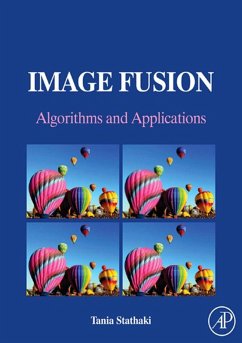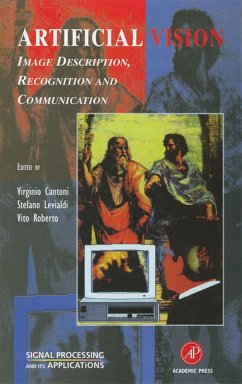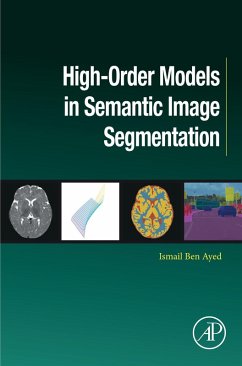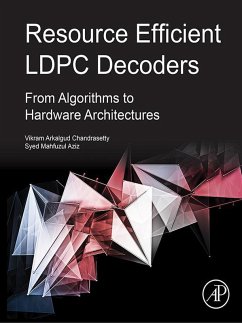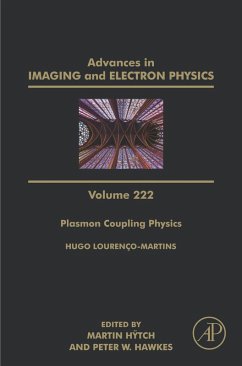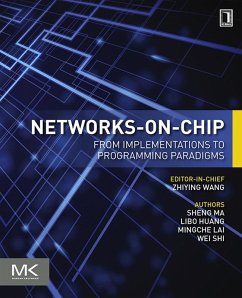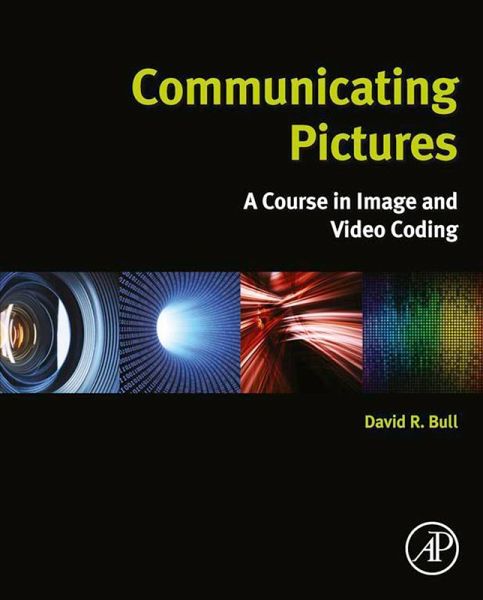
Communicating Pictures (eBook, ePUB)
A Course in Image and Video Coding
Versandkostenfrei!
Sofort per Download lieferbar
50,95 €
inkl. MwSt.
Weitere Ausgaben:

PAYBACK Punkte
25 °P sammeln!
Communicating Pictures starts with a unique historical perspective of the role of images in communications and then builds on this to explain the applications and requirements of a modern video coding system. It draws on the author's extensive academic and professional experience of signal processing and video coding to deliver a text that is algorithmically rigorous, yet accessible, relevant to modern standards, and practical. It offers a thorough grounding in visual perception, and demonstrates how modern image and video compression methods can be designed in order to meet the rate-quality p...
Communicating Pictures starts with a unique historical perspective of the role of images in communications and then builds on this to explain the applications and requirements of a modern video coding system. It draws on the author's extensive academic and professional experience of signal processing and video coding to deliver a text that is algorithmically rigorous, yet accessible, relevant to modern standards, and practical. It offers a thorough grounding in visual perception, and demonstrates how modern image and video compression methods can be designed in order to meet the rate-quality performance levels demanded by today's applications, networks and users.With this book you will learn: - Practical issues when implementing a codec, such as picture boundary extension and complexity reduction, with particular emphasis on efficient algorithms for transforms, motion estimators and error resilience - Conflicts between conventional video compression, based on variable length coding and spatiotemporal prediction, and the requirements for error resilient transmission - How to assess the quality of coded images and video content, both through subjective trials and by using perceptually optimised objective metrics - Features, operation and performance of the state-of-the-art High Efficiency Video Coding (HEVC) standard - Covers the basics of video communications and includes a strong grounding in how we perceive images and video, and how we can exploit redundancy to reduce bitrate and improve rate distortion performance - Gives deep insight into the pitfalls associated with the transmission of real-time video over networks (wireless and fixed) - Uses the state-of- the-art video coding standard (H.264/AVC) as a basis for algorithm development in the context of block based compression - Insight into future video coding standards such as the new ISO/ITU High Efficiency Video Coding (HEVC) initiative, which extends and generalizes the H.264/AVC approach
Dieser Download kann aus rechtlichen Gründen nur mit Rechnungsadresse in A, B, BG, CY, CZ, D, DK, EW, E, FIN, F, GR, HR, H, IRL, I, LT, L, LR, M, NL, PL, P, R, S, SLO, SK ausgeliefert werden.




